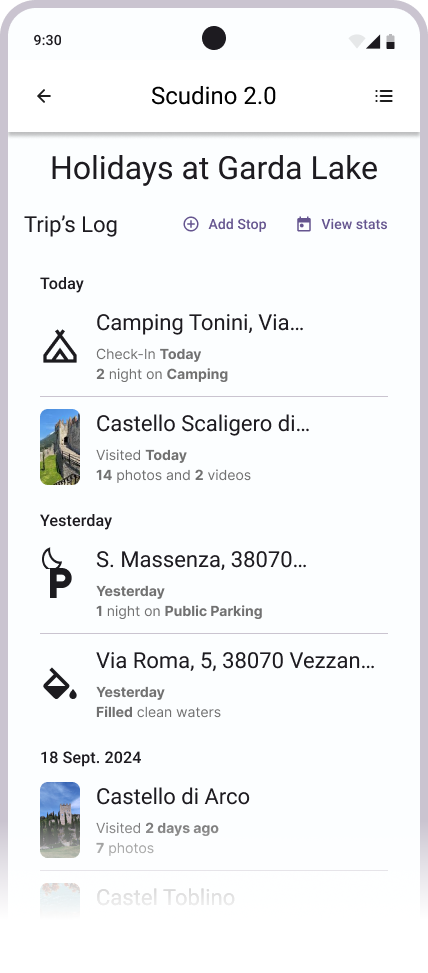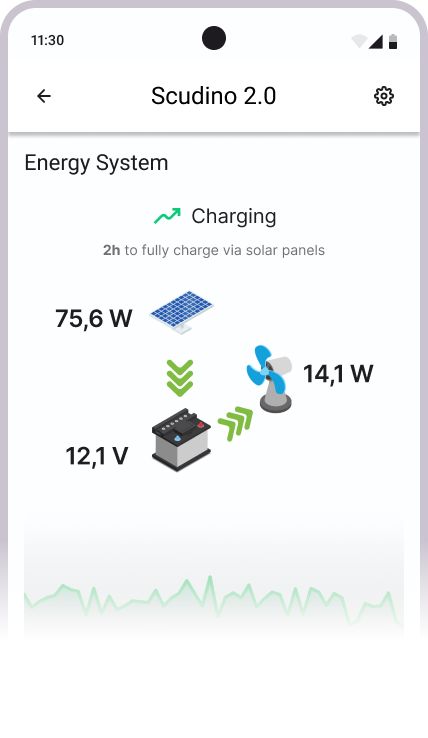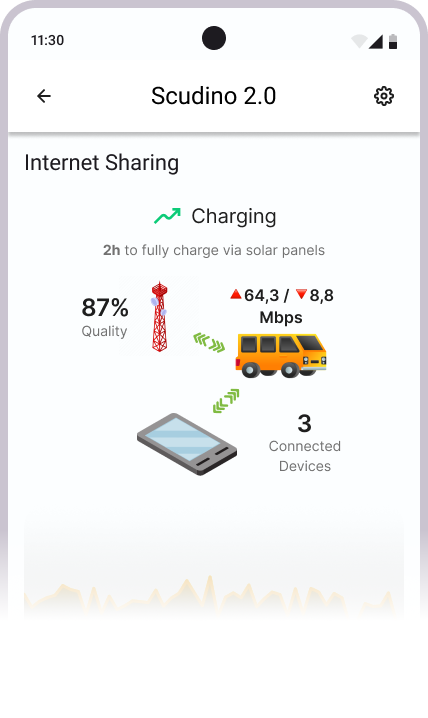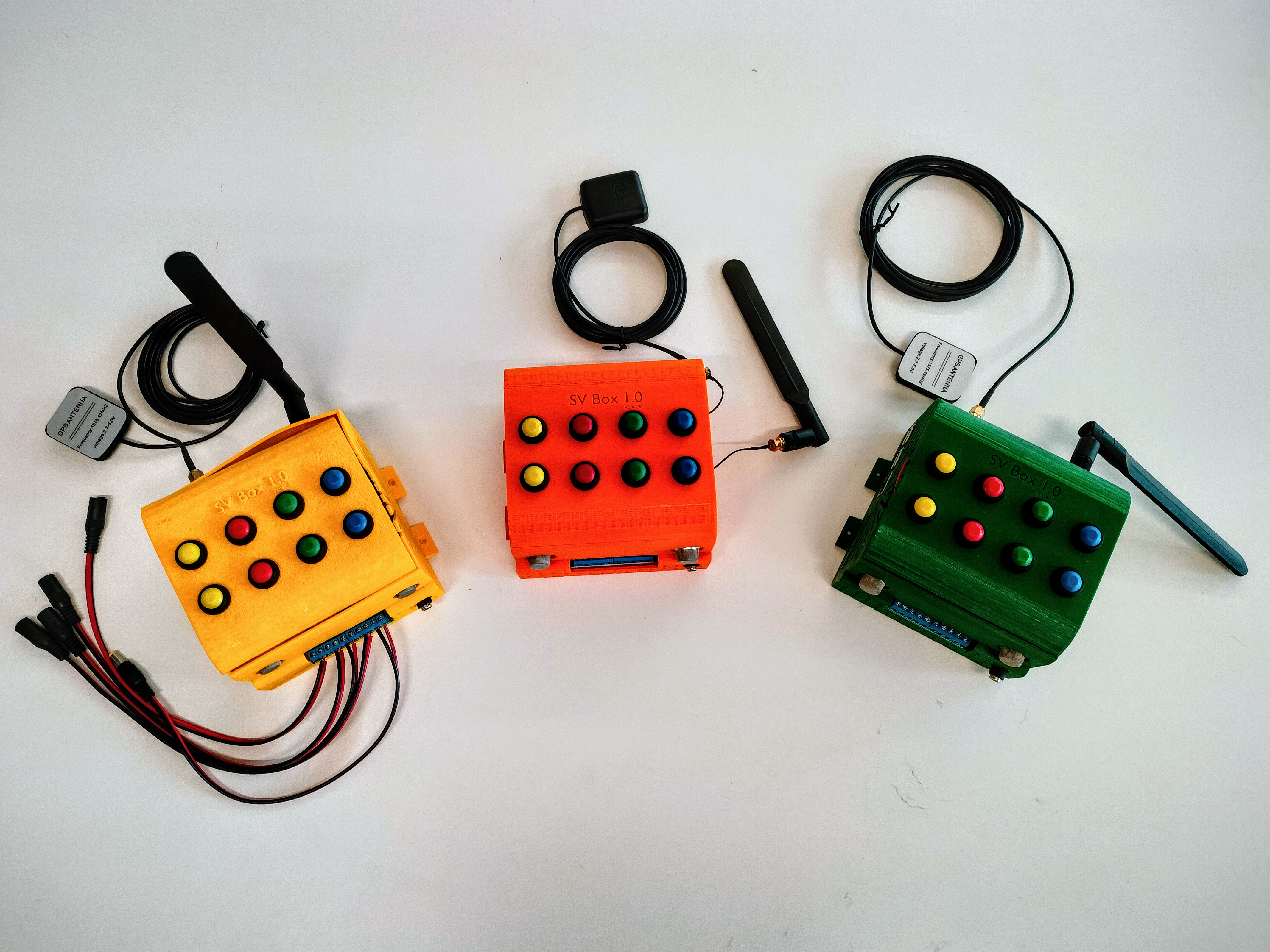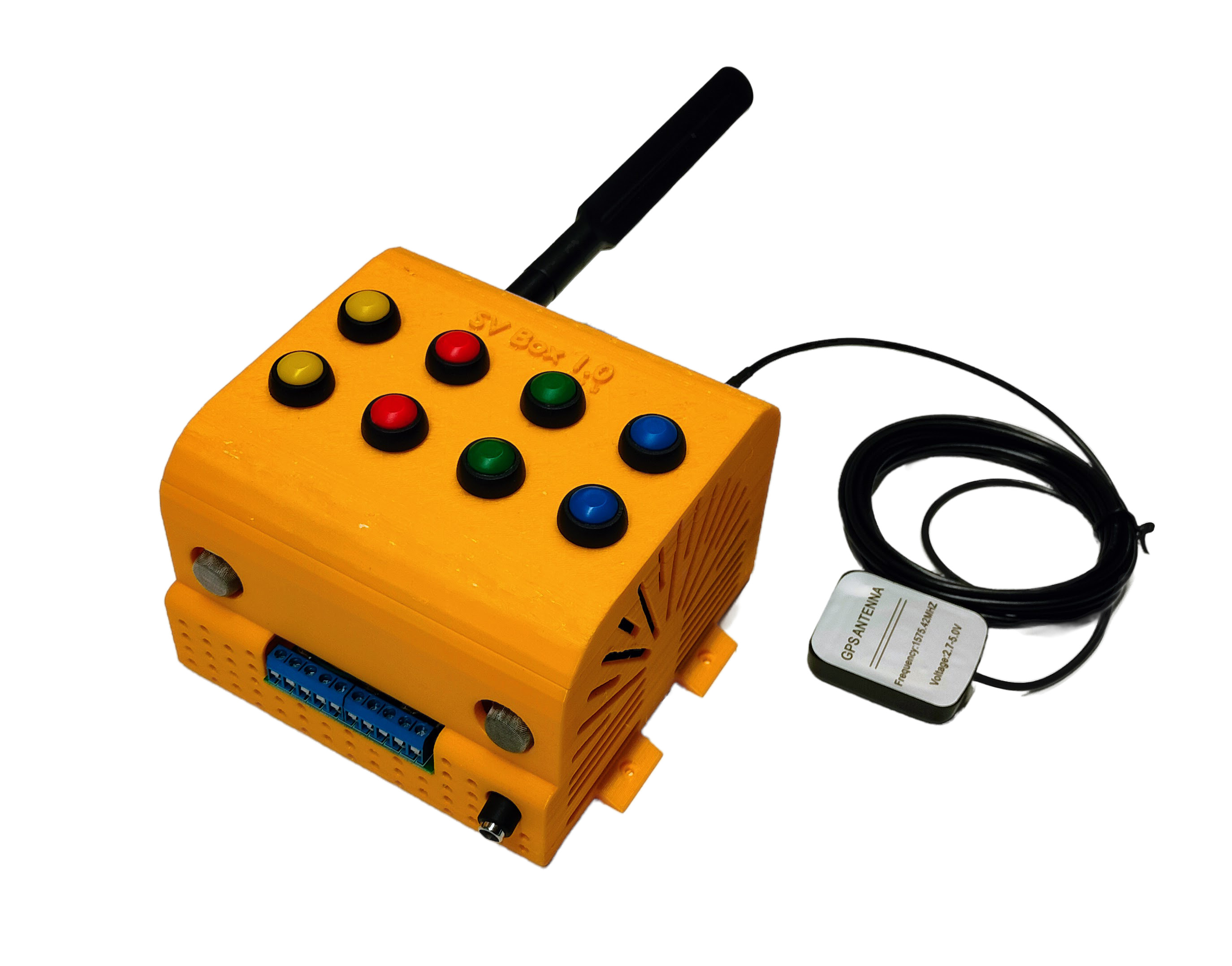⛺ Published the new features list 🚂
A New Approach to Enhancing Your Travel Experience with Smart Van Box
We’re excited to share some big news about how we’re evolving the Smart Van Box to better meet your needs on the road. Our journey started with categorizing the features into four main groups: Monitoring, Control, Security, and Smart. While this structure was effective, we’ve realized that our users are looking for more than just functionalities—they’re seeking an enhanced travel experience. That’s why we’ve decided to rethink our approach.
Shifting the Focus to the Travel Experience
Our new direction centers around improving every aspect of your journey, making your travel experience smoother, safer, and more enjoyable. Rather than grouping the features into technical categories, we’re now organizing them based on how they can directly enrich your time on the road. We believe that the true value of technology lies in how it enhances real-life moments, and that’s exactly what we aim to deliver.
The Trip Log feature exemplifies our new approach: instead of simply displaying individual system values, we analyze the data to provide more meaningful and user-friendly insights.
What’s Changing?
The Smart Van Box is evolving to be more intuitive and user-centric, offering solutions that are tailored to the different stages and situations of your journey. Whether you’re planning a road trip, setting up camp, or simply enjoying a scenic drive, the features will be designed to seamlessly integrate into your experience, providing you with the right tools at the right time.
We’re focusing on key areas such as
- Ensuring Resource Efficiency: Providing insights and forecasts that help you manage energy, water, and other resources effectively throughout your trip.
- Simplifying Daily Tasks: Streamlining tasks like parking, setup, and maintenance to give you more time to relax and explore.
- Enhancing Comfort: Offering smart automations and seamless transitions that adapt to your preferences and surroundings.
- Optimizing Trip Planning: Making it easier to plan your journey with personalized recommendations and route optimization.
A New Chapter for the Smart Van Community
This change in approach is more than just a restructuring—it’s about putting the travel experience first. By focusing on how technology can solve real problems and elevate your time on the road, we’re confident that the new Smart Van Box will become an even more essential companion for every adventure.
Stay tuned as we continue to roll out these updates and bring a more travel-focused approach to life. We’re just getting started, and we can’t wait to share more details soon!
Happy travels, The Smart Van Box Team

